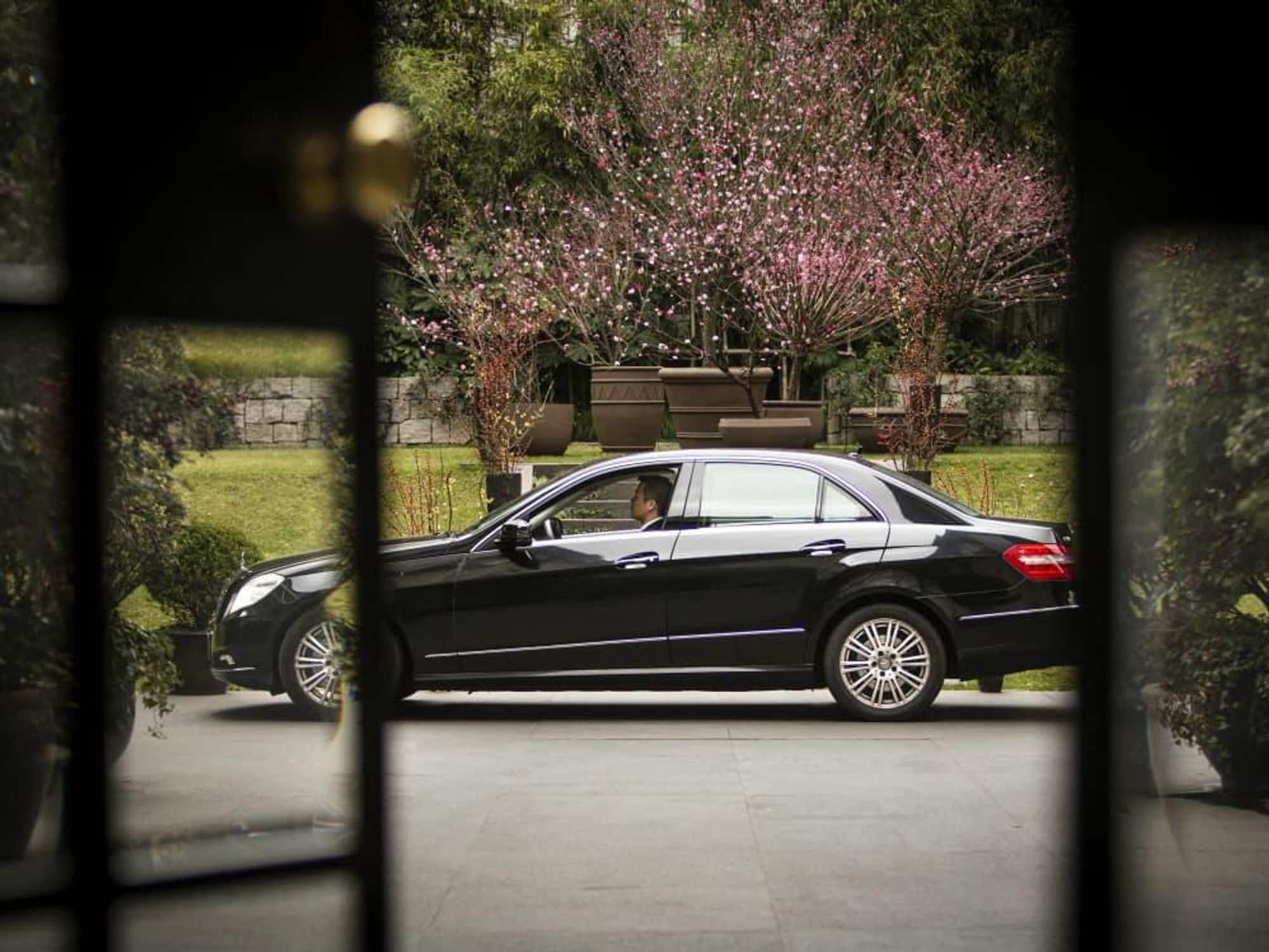Uber Hits 2 Billion
Uber tussles with city of Houston over regulations as car share service tops 2 billion riders

Pop the champagne corks and put on your party hats. Uber announced Monday that scores of riders worldwide helped take the ride-share behemoth to cross the pinnacle of two billion rides. While it took six years to get to one billion, it took only six months to reach that second billion. And one of those rides was in Houston.
"On June 18 at 4:16:48 AM GMT, 147 Uber rides started in 16 countries on five continents—tying for our two billionth trip," emails Uber senior communications associate Debbee Hancock. "From Costa Rica to Russia and from China to Australia. The longest of the bunch lasted more than an hour as the rider and driver worked their way across Jakarta, Indonesia’s capital. The shortest, a POOL trip in Changsha, China, lasted just three minutes."
It was a lucky day for those riders and their drivers as the riders will each receive $450 worth of free rides. The guys behind the steering wheel will receive $450. It was a proud moment for the company that is still in discussions with the city of Houston over its regulation of drivers.
Hancock and Leandre Johns of Uber external affairs were in Houston last week to continue the company's efforts to win over City Hall, after announcing in April that if the fingerprinting requirement for drivers was not dropped, Uber would be forced to exit. Houston and New York City are the only two locales where Uber is required to screen drivers with a fingerprint check.
H-Town and the Big Apple are the outliers in a field of 200 other cities where fingerprinting and Houston's eight-step $150 licensing system are not required. Hancock points out that there are ride-sharing laws in more than 30 states and 50-plus cities, none of which have the fingerprinting requirement.
"Our goal, really, is to work with the city. We want to come to an agreement together. They don't want to compromise on safety. Neither do we. So what can we do to satisfy their safety concerns, that is our goal," Hancock said. Johns added that Uber has met with the mayor and city council members and is continuing to "educate" those involved on the issues of safety.
In late June, Uber launched an expanded safety program for drivers based on technology in the Uber app. For example, it monitors how fast a driver is going, how hard the car stops, whether or not the driver is using a phone mount, that encouraged to keep drivers from holding their smart phones in their hands.
Probably the most urgent issue in convincing the mayor and city council to release the fingerprinting requirement is the 2017 Super Bowl. Uber served as the official ride-sharing company for the San Francisco Super Bowl. It would like to have a similar role in Houston. But as long as the fingerprinting and licensing rules remain in place, Uber drivers from Dallas and San Antonio cannot buzz in to provide the additional rides that are needed during major events. For example, during Austin's SXSW and ACL (before Uber pulled out), drivers from other cities were able to move in and help with the transportation crush. The Super Bowl will mean a similar need for additional drivers.

 The building at 4911 will be torn down for the new greenspace. Holland Lodge No. 1, A.F. & A.M./Facebook
The building at 4911 will be torn down for the new greenspace. Holland Lodge No. 1, A.F. & A.M./Facebook